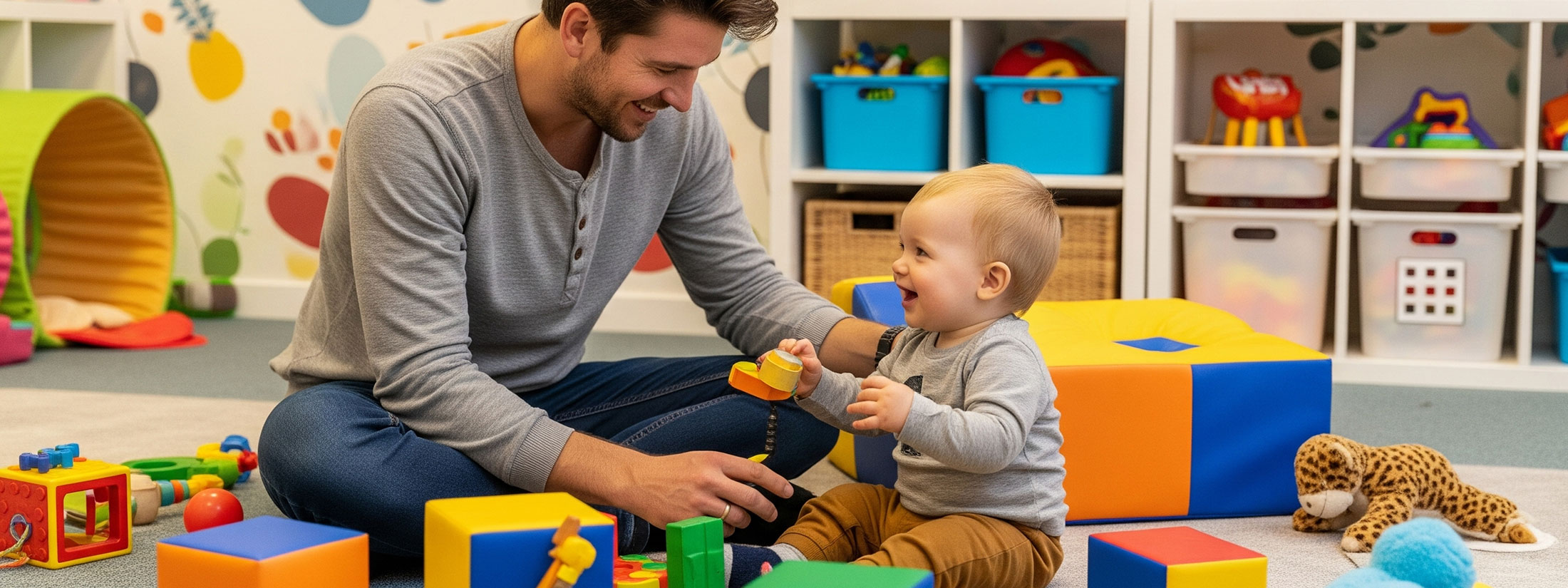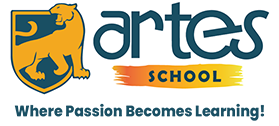
Nurturing Growth Together: What to Expect from a Quality Parent-Toddler Program
The toddler years are a period of incredible growth and discovery. As your little one blossoms, you might be considering enriching their development and providing opportunities for social interaction. A quality parent-toddler program can be a fantastic way to achieve this, offering a supportive environment for both you and your child to learn and connect. But what exactly should you expect from such a program? Here’s a guide to help you identify the key elements of a nurturing and effective experience.
A Welcoming and Stimulating Environment:
Step into the classroom and take a deep breath. Does it feel inviting? A quality program will prioritize creating a safe, clean, and stimulating space. Expect to see:
Age-Appropriate Materials: A variety of toys, books, art supplies, and sensory materials designed to engage toddlers’ developing skills and interests. These should be accessible and rotated regularly to maintain novelty.
Organized Learning Centers: Designated areas for different types of play, such as blocks, dramatic play, puzzles, and art, allowing children to explore and focus on activities that capture their attention.
Safety First: Child-proofing measures are crucial. Outlets should be covered, potential hazards removed, and the space should be easily supervised.
Developmentally Appropriate Activities:
The heart of any good parent-toddler program lies in its activities. Expect a balance of:
Free Play: Unstructured time for children to explore, interact with peers, and follow their own interests. This fosters creativity, problem-solving, and social skills.
Guided Activities: Led by experienced facilitators, these might include circle time with songs and rhymes, story time, simple art projects, movement activities, and sensory exploration. These activities should be engaging, short, and adaptable to different developmental levels.
Opportunities for Social Interaction: The program should facilitate positive interactions between children and between parents, fostering a sense of community and belonging.
Experienced and Supportive Facilitators:
The educators in a parent-toddler program play a vital role. Look for:
Knowledge of Child Development: Facilitators should understand the developmental milestones of toddlers and be able to create activities that are appropriate and challenging.
Positive and Engaging Interactions: They should be warm, enthusiastic, and skilled at interacting with both children and adults. They should encourage exploration, offer gentle guidance, and model positive communication.
Facilitating Parent Involvement: A quality program recognizes the importance of the parent’s role. Expect facilitators to offer insights into child development, provide suggestions for at-home activities, and create opportunities for parents to connect and share experiences.
Focus on Parent Education and Support:
A parent-toddler program isn’t just about the children; it’s also a valuable resource for parents. Expect:
Informal Discussions and Sharing: Opportunities to connect with other parents, share joys and challenges, and learn from each other’s experiences.
Facilitator Guidance: Educators should be available to answer questions, offer support, and provide insights into your child’s development and behavior.
Resources and Information: Some programs may offer workshops or resources on topics relevant to parenting young children.
A Flexible and Respectful Approach:
Toddlers are individuals with their own unique temperaments and paces. A quality program will:
Respect Individual Differences: Understand that children will participate in activities at their own comfort level and pace. There should be no pressure for forced participation.
Offer Flexibility: Programs should be somewhat flexible in their structure to accommodate the varying needs and attention spans of young children.
Promote Positive Discipline: Facilitators should model positive guidance techniques and help parents understand age-appropriate expectations.
Final Thoughts
Choosing the right parent-toddler program can be a wonderful investment in your child’s development and your own parenting journey. By knowing what to expect, you can find a program that aligns with your family’s needs and provides a nurturing and enriching experience for everyone involved. Take the time to visit potential programs, ask questions, and trust your instincts to find the best fit for your little one and yourself.
